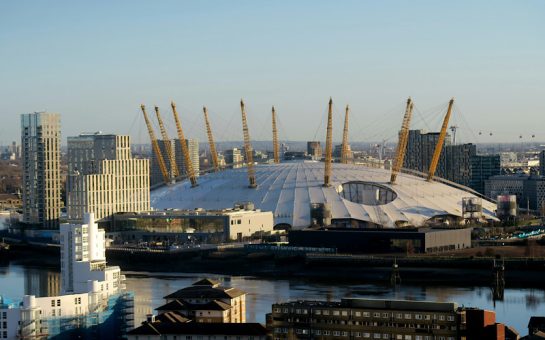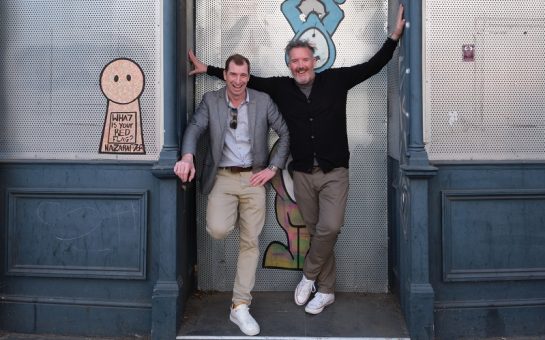Global optimism is on the rise as the majority of people believe that 2025 will be better than last year.
More people surveyed, 71%, believed in the upcoming year improving as opposed to the same survey the previous year, according to an IPSOS survey.
The IPSOS survey is part of a study started in 2012 which tracks mood and optimism, and co-author Nick Chiarelli explained these characteristics are key drivers of people’s spending patterns in both the long and short term.
He said: “It is also important to be able to compare markets side by side, enabling us to identify bullish markets and those that are more pessimistic, allowing our clients to understand whether they can use the same strategies across markets or need to tailor their messaging, pricing and so on to the mood in individual markets.
“There is no doubt that we live in challenging times, but the results generally show that people try to keep upbeat and find the positivity in life.
“People are more worried for themselves than they are for their country as a whole, or certainly for the world in general.”
There was a decrease in happiness on reflection of the year for one’s country by 7% for Great Britain, but only five countries ranked higher this year.
Levels of optimism still have not reached pre-pandemic levels, but they are steadily on the rise.
One of the other aspects of the survey that was markedly notable was the topic of climate change.
Chiarelli said: “There is a huge amount of acceptance of climate change – 80% think average global temperatures will increase; 72% that there will be more extreme weather events; 42% that parts of their country will become unlivable: it is almost like the climate crisis is now an accepted fact of life.
“There is a certain amount of fatalism about it.”
The fatalism of people surveyed was seemingly validated by the Los Angeles wildfires since the survey was published.
It was determined by scientists the wildfires were made worse by climate change.
The study grows year by year as more questions are added to reflect the economical, political, environmental and societal changes over those 12 months.





